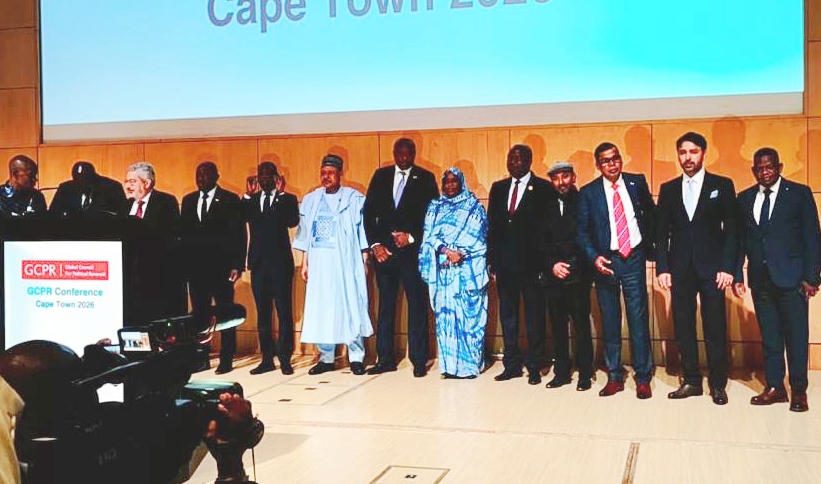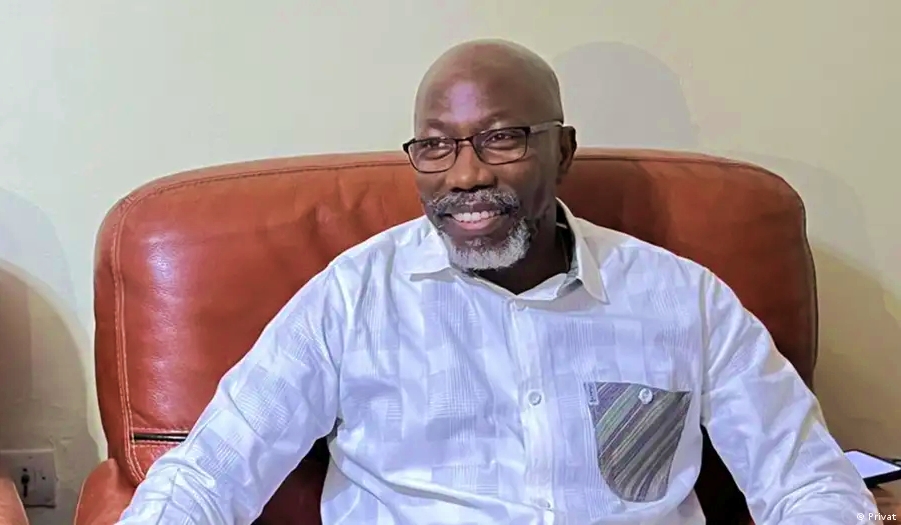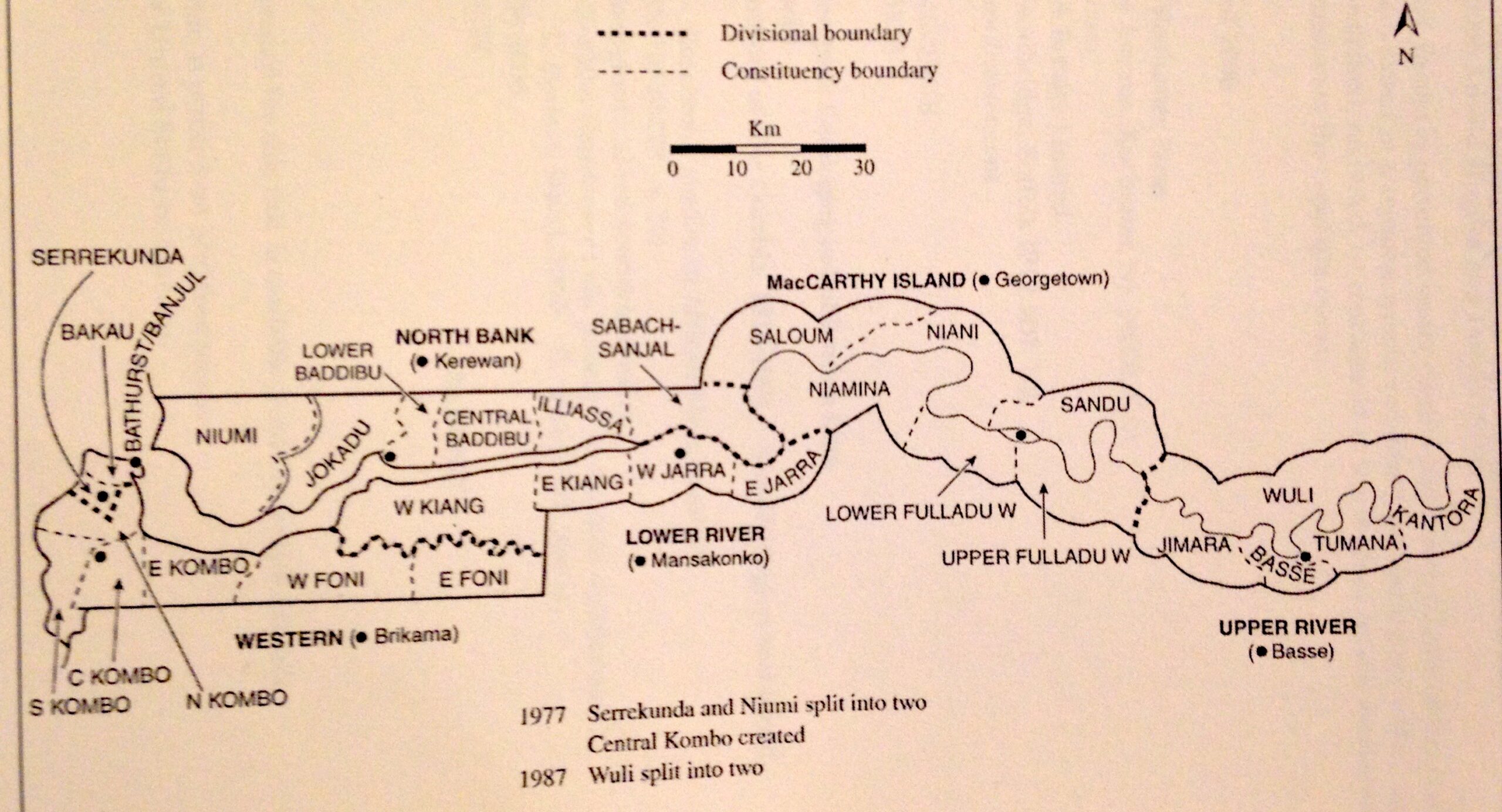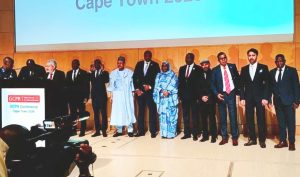The Point of View Issue 01, authored by Dave Manneh and Essa Njie, delves into the critical topic of electoral boundary delineation and its profound impact on shaping The Gambia’s democratic landscape. The paper underscores the urgent need for a balanced allocation of constituency population size to ensure fair representation in the legislature.
Despite a recognition by the Commonwealth Observer Group in 2006 of the necessity for constituency redistricting in The Gambia, the 2015 redrawing only resulted in the creation of five new constituencies, failing to meet the Electoral Quota (EQ) benchmark.
The authors argue that as The Gambia experiences substantial natural population growth and rural-urban migration, the disparities between its constituencies will widen. This makes the adoption of the EQ/hypothetical mean approach increasingly critical.
Drawing on lessons from the United Kingdom’s 2023 boundary review by the Boundary Commission for England, the paper advocates for The Gambia’s Electoral Management Body to urgently undertake redrawing/redistricting based on the EQ average of 17,817 per constituency.
The paper advocates for an increase in the number of constituencies in some administrative areas while reducing them in others, aiming to create a resilient and responsive system that aligns with democratic values and principles. It highlights that the Gambia’s electoral boundaries need to reflect population shifts and societal changes. The proposal includes merging administrative areas and redistributing constituencies to ensure more balanced and fair political representation.
Implementing an EQ and boundary redistricting will be a significant step towards ensuring fair representation in The Gambia.
The government should aim to redraw electoral boundaries transparently and impartially to avoid accusations of gerrymandering and undermining the fairness of the electoral system. The paper’s proposed approach for the constituency delimitation process includes demographic analysis, public consultations, and establishing a transparent legal framework.
In conclusion, the paper emphasizes the importance of redrawing electoral boundaries to support a pluralistic democratic dispensation in The Gambia. Addressing these imbalances is crucial for upholding democratic principles, safeguarding political neutrality, and adhering to legal requirements.










